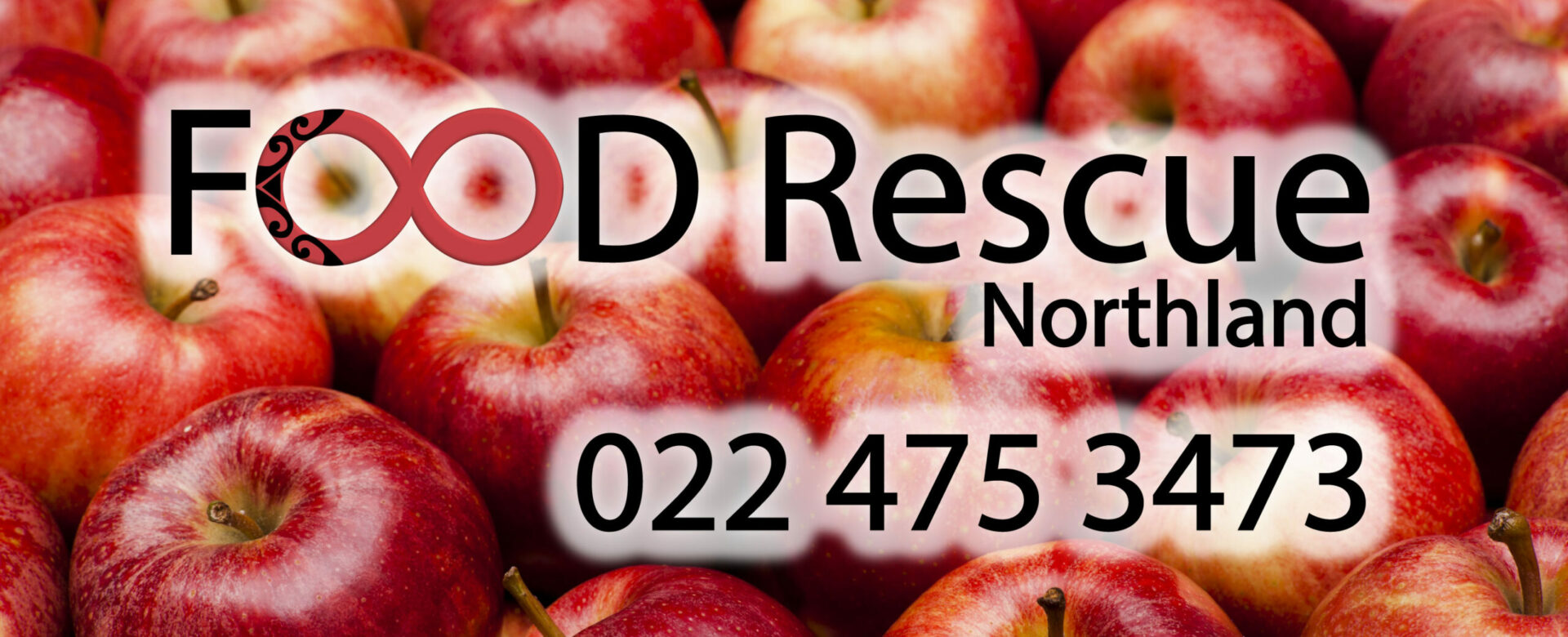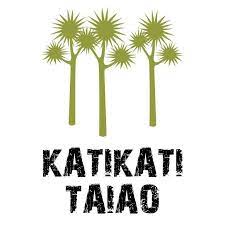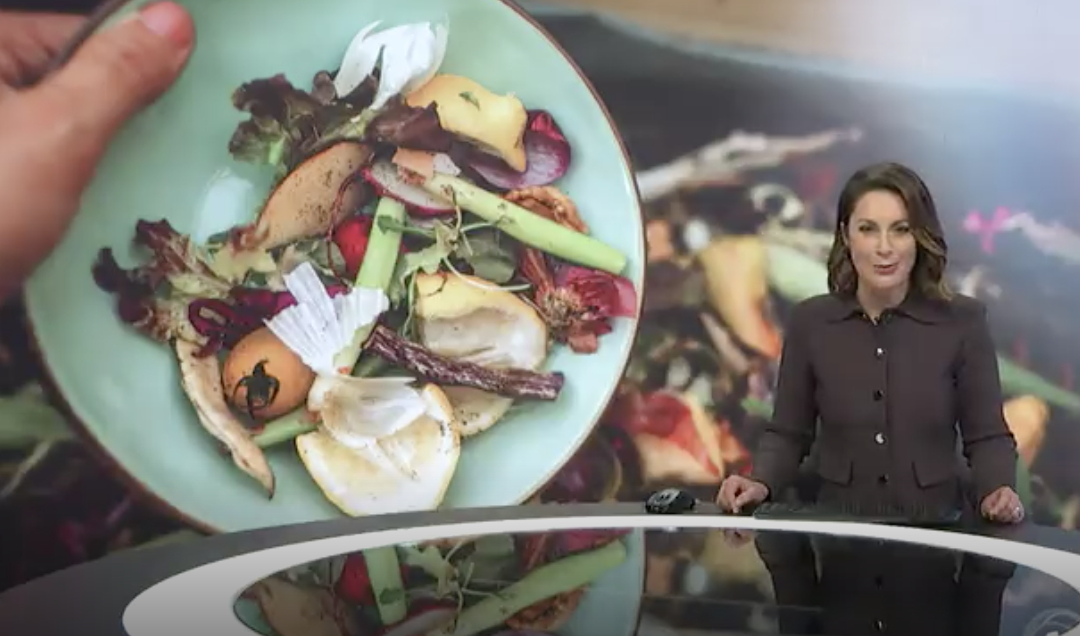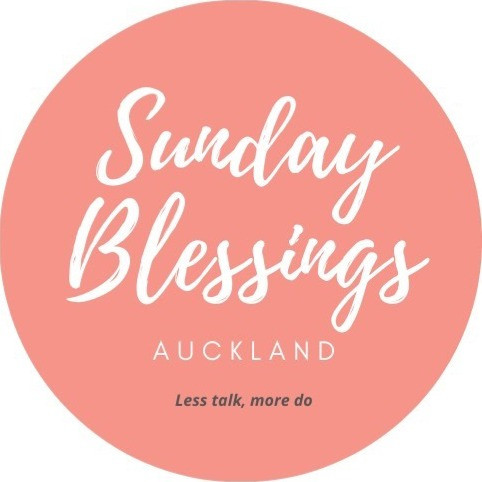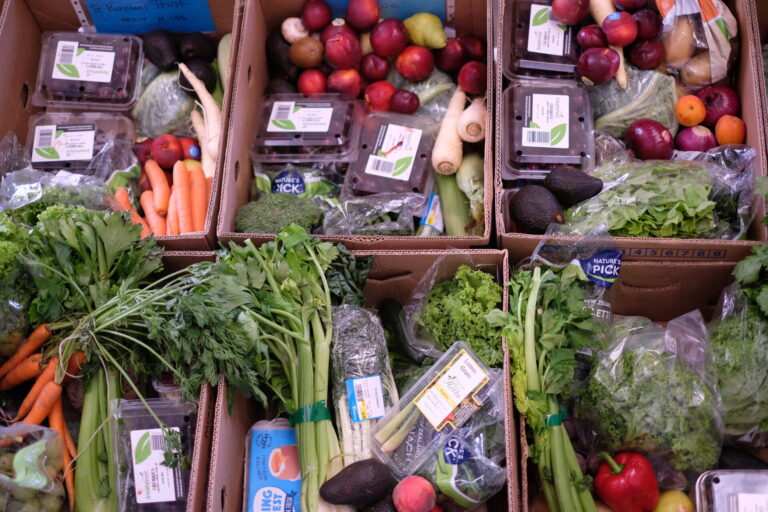Uniting Aotearoa Through Kai: The need for a National Food Strategy
In uncertain times, New Zealanders are looking for policies that bring us together, not drive us apart. We need solutions that strengthen communities, rebuild trust, and support wellbeing. Few forces are more powerful or universal than food. It connects us, anchors cultures, and shapes our health, environment, and economy. We all rely on food to survive, yet too many of us don’t have access to enough nutritious kai to thrive.
New Zealand produces enough food to feed 40 million people, yet we have no unified national food strategy. While many policies address different aspects of our food system, they don’t talk to each other. As a result, we lack a coordinated plan to ensure access to healthy kai for all, environmental protection, waste reduction, and support for the people who grow, produce, and distribute our food.
Export value matters. Our comparative advantage as a producer of safe, high-quality food helps drive our economy. Our food producers are constantly innovating and deserve recognition for their ability to anticipate and respond to market forces, generating income that contributes significantly to our national wellbeing. But economic return can’t be the only measure of success. We need to ask: how can we continue to run profitable food businesses, while ensuring everyone in Aotearoa has enough kai, and fulfilling our role as kaitiaki of the land, waterways and air, so future generations can thrive too?
As food costs rise, even middle-income families are turning to food support, as reported by members of the Aotearoa Food Rescue Alliance. These organisations are redistributing tonnes of surplus nutritious food each day that otherwise would go to waste. Some even work directly with growers, harvesting surplus produce for redistribution. They’re keeping communities afloat, but doing so without long-term certainty, relying on short-term funding to meet ongoing demand.
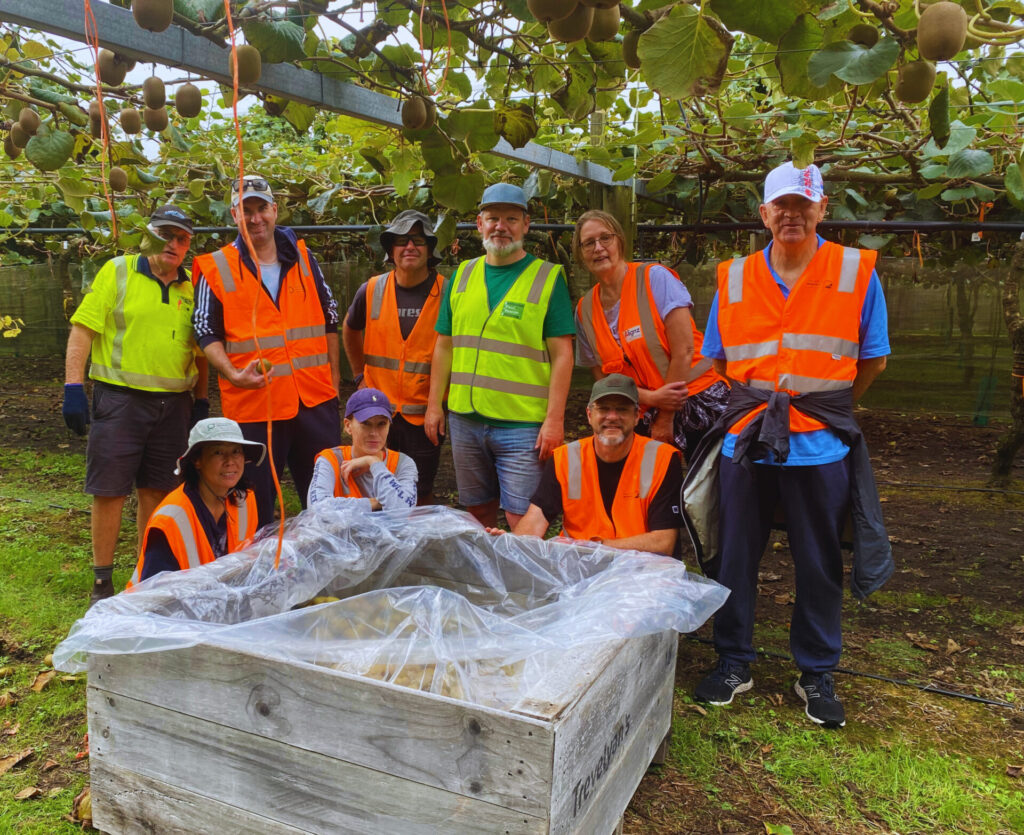
We know hunger affects learning, wellbeing, and productivity, especially for children. But we also know that small investments can deliver big returns. A 2023 University of Otago study found that adding just one daily serving of vegetables could save over $830 million in lifetime health costs.
In other words, the evidence is clear, and solutions already exist. What’s missing is a joined-up plan. Not having a national food strategy is no longer acceptable.
The call for one isn’t new. In early 2023, the Minister of Health tasked the Public Health Advisory Committee with reviewing our food system. Their report, Rebalancing our Food System, released in May 2024, laid out a clear vision: that all New Zealanders have a right to food for wellbeing, that the system must support health and future generations, and that everyone should be able to access the healthy food they need.
In 2023, Eat New Zealand presented a petition calling for a government-facilitated, community-led national food strategy and a food security council, highlighting the urgency of coordinated action in the face of rising food insecurity, environmental concerns, and one of the world’s worst burdens of diet-related disease. But two years on, that request has been denied. In its response, Parliament’s Petitions Committee expressed reservations about a centralised food security council, instead emphasising that such initiatives should be community-led.
That logic misses the point: community-led doesn’t mean government-absent. In the early days of COVID-19, the government responded quickly. The Food Secure Communities Fund helped fund food rescues and food banks to feed hundreds of thousands through lockdowns and economic upheaval. But while the pandemic has passed, the food crisis hasn’t. Food insecurity is now worse than it was then.
Budget 2025 extended the fund for just one more year. Providers welcomed the support, but they’re sounding the alarm: one more year won’t cut it. We need a long-term strategy that delivers lasting solutions.
Meanwhile, our international peers are acting with purpose. Scotland’s Good Food Nation Act legally requires public bodies to plan for healthy, sustainable, and affordable food. Canada’s Food Policy treats food as strategic infrastructure, investing in local systems and Indigenous food sovereignty. These countries recognise food as foundational to health, sustainability, and community resilience.
A National Food Strategy would change that, bringing health, agriculture, education, environment, trade, and social services into one coordinated plan. It would ensure fair access to healthy food, support local producers, reduce waste, and build resilience. It would also uphold Māori and Pacific food sovereignty. The expertise exists: in communities, research, the food sector, and among tangata whenua. What’s missing is leadership and the political will to connect the dots.
Kiwis shouldn’t go hungry in a country that produces enough to feed millions. Healthy food shouldn’t be a luxury. And the environment shouldn’t pay for our lack of direction. Let’s stop patching the problem and start building the future. Aotearoa needs a National Food Strategy now.

